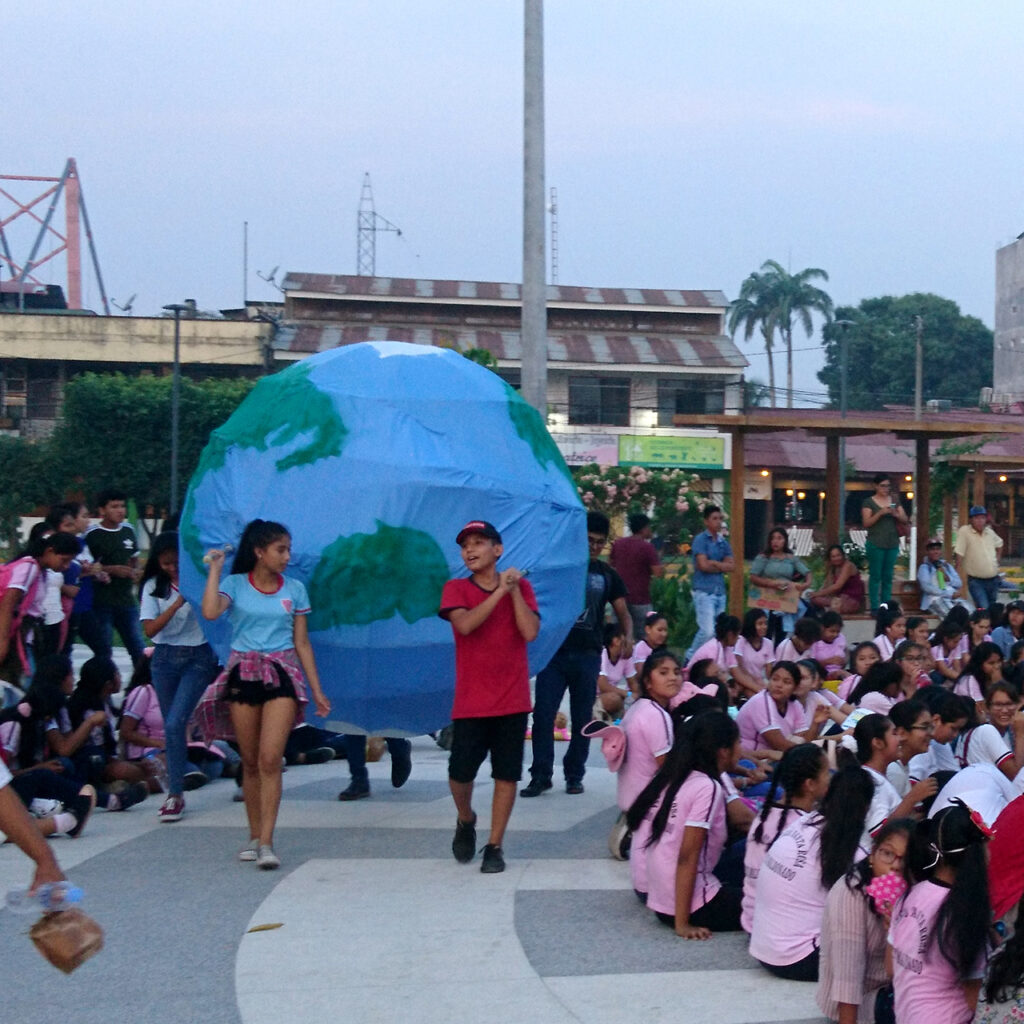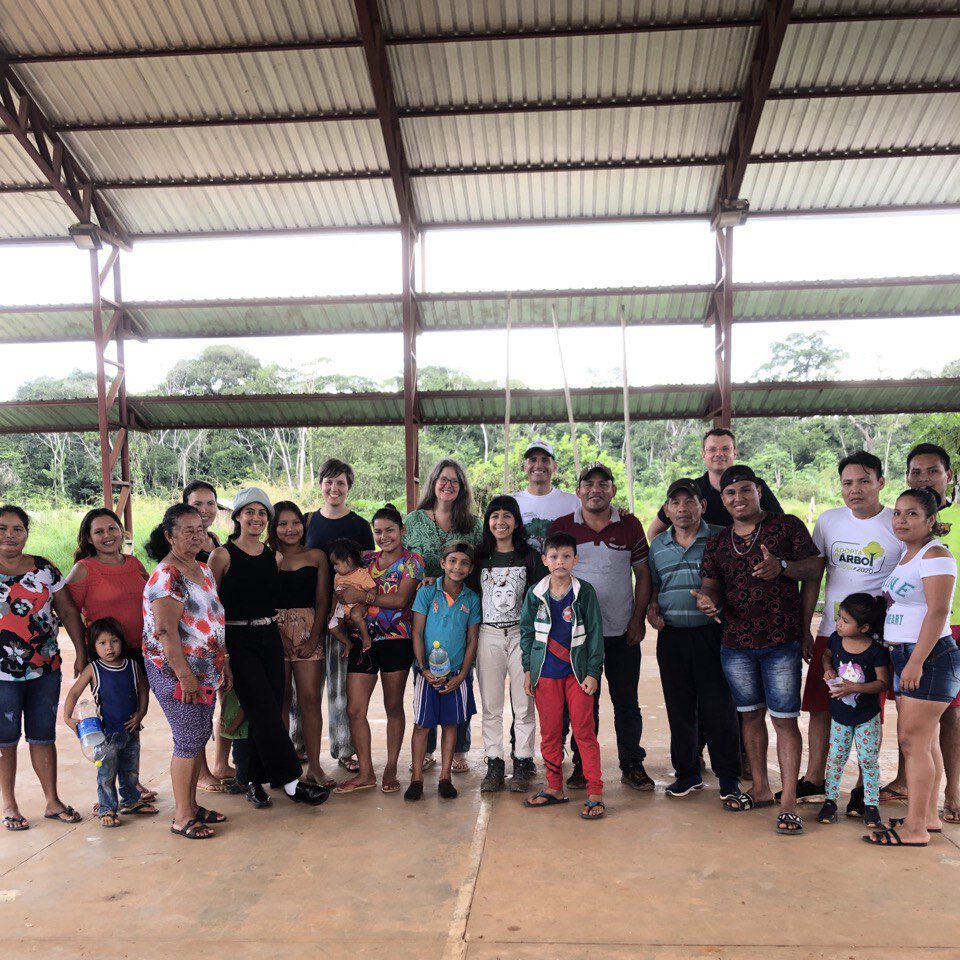GOVERNANCE AND SOCIETY
The work package 3 (WP3, Regional Diversity in Conversion), works on the tipping element social cohesion, which is constituted by multiple (in)formal, cultural and economic institutions. We assume that social cohesion (social fabric) is the safety net for local populations and the base for environmental governance, since a stable social fabric enables cooperation and dialogue within society and contributes to the latter’s capacities to meet environmental challenges. We pay particular attention to the power structures that exist in society, linking them to regional and global history and analyzing how these structures influence the organization of interests among social actors.
The MAP region is culturally diverse but exposed to similar societal, economic and ecological transformation processes driven by formalization processes regarding access to land and natural resources. In this transformation processes, we focus on analyzing conflicts over land use, the space for civil society action, youth´s political participation, the relevance of women in local value chains, and criminalization processes (drug trafficking) that have an impact on the governance of the region. The overall objective of WP3 is to understand how local actors, networks and institutions influence and are being influenced by regional transformation processes.


A prerequisite for the communication of PRODIGY’s results is a deeper understanding of the socio-economic and cultural context in which local rural and urban communities are embedded. By shedding light on the societal framework of the MAP region we contribute to the potential application of PRODIGY’s results.
As social scientists, we use the following methods to collect and analyze qualitative data on the topics mentioned above: semi-structured interviews, life histories, and case research, among others.





